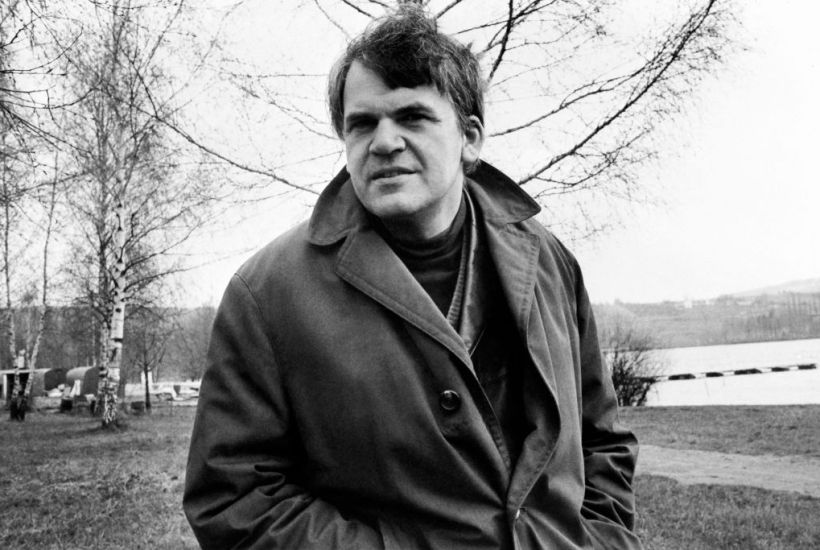If during the 80s and 90s you were any kind of book lover, Milan Kundera – who died this week aged 94 – was one of that small clutch of modern novelists you absolutely had to read. In the late stages of the Cold War, the Czech-born Kundera not only gave us news about what was happening on the other side of the Iron Curtain – how those brought up under communism joked, suffered, survived and made love – but his irony and playfulness, oddly hard-nosed, caught the spirit of the times.
Already a subscriber? Log in
Subscribe for just $2 a week
Try a month of The Spectator Australia absolutely free and without commitment. Not only that but – if you choose to continue – you’ll pay just $2 a week for your first year.
- Unlimited access to spectator.com.au and app
- The weekly edition on the Spectator Australia app
- Spectator podcasts and newsletters
- Full access to spectator.co.uk
Or




















Comments
Don't miss out
Join the conversation with other Spectator Australia readers. Subscribe to leave a comment.
SUBSCRIBEAlready a subscriber? Log in